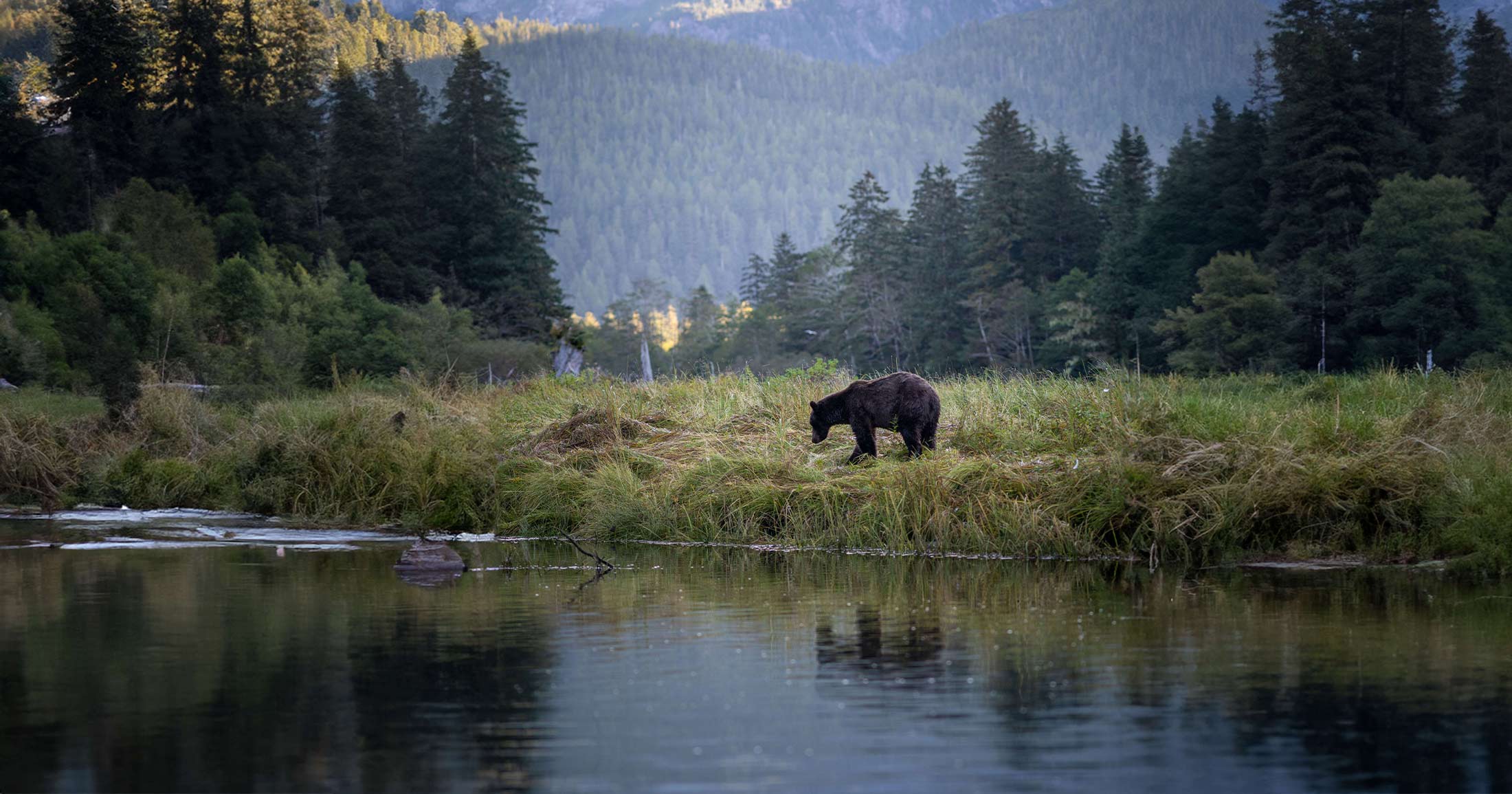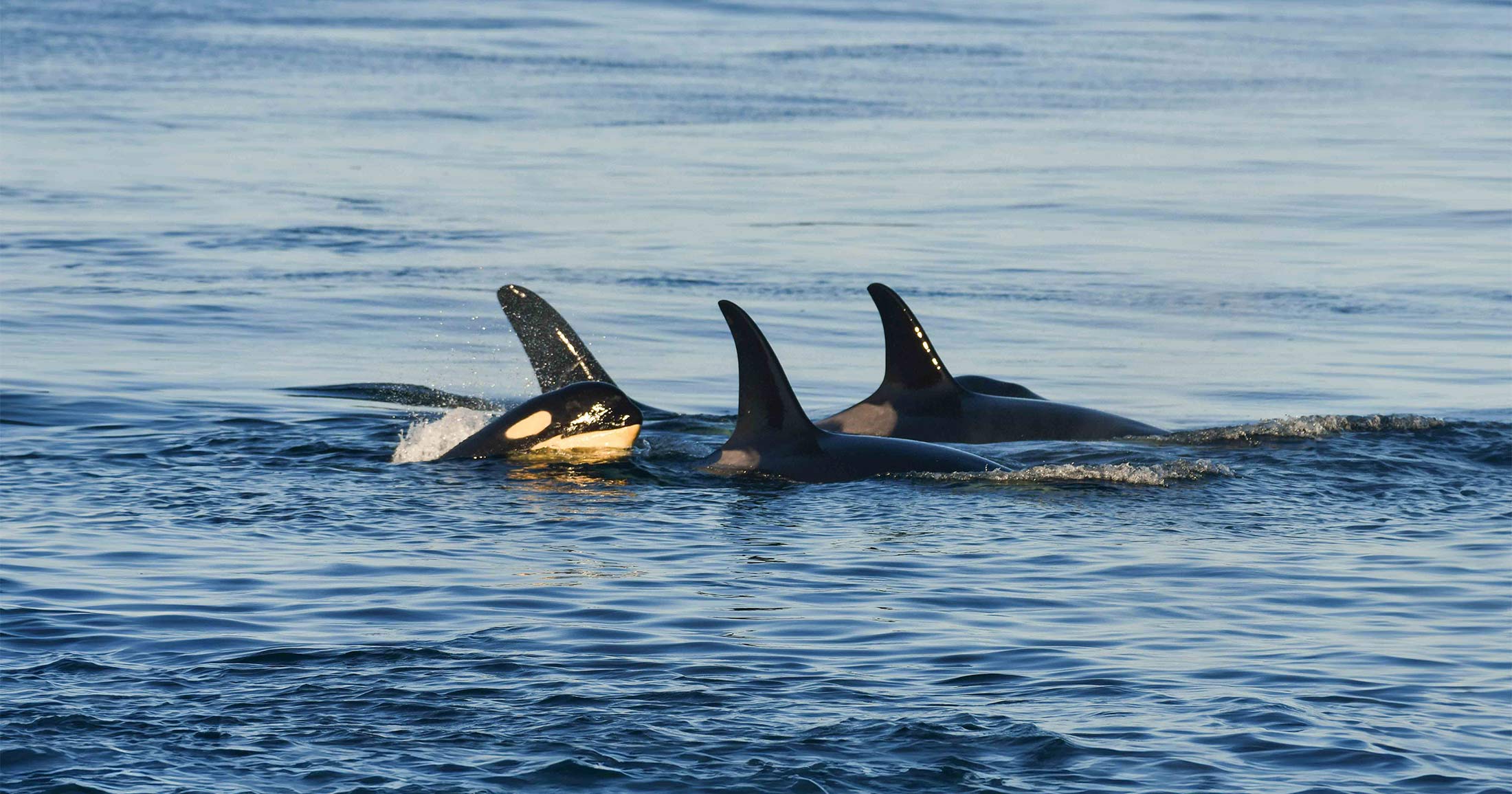The National Energy Board and killer whales, on As It Happens
Raincoast’s Misty MacDuffee outlines the implication of NEB’s latest recommendation to approve Trans Mountain.
While we are glad that the NEB recognizes that the project will have significant adverse effects on Southern Resident killer whales, we don’t agree that Trans Mountain’s purported benefits are worth the significant increase in the risk of extinction for this endangered population.
In this interview Misty outlines that while oil spills remain a clear risk, the effects from increased vessel traffic, i.e. noise and disturbance, are a certainty. The suggested mitigation measures with regard to noise that the federal government has referred to in the aftermath of the NEB announcement, e.g. slowing down vessels, are experimental. With the benefits to Southern Resident killer whales largely untested, it is unknown whether the reductions in vessel speed would be biologically relevant for the Southern Residents.
The question remains; is it legal to proceed with the Trans Mountain expansion if the impacts to the endangered Southern Residents can’t be mitigated?

Related posts
- Backgrounder: Raincoast’s new evidence on Southern Resident killer whales for the National Energy Board’s reconsideration of the Trans Mountain Expansion
- L124 is the newest member of the Southern Resident killer whales
- Chinook salmon, 74 killer whales, and the future of the Salish Sea
- Cabinet rejects request for an emergency order for endangered killer whales
- Fisheries closures needed for killer whales
- Backgrounder: Emergency order under the Species at Risk Act
- Take action: Emergency closures needed now
- Feds’ fisheries announcement a welcome first step: groups renew call for killer whale emergency order
- A killer whale emergency
- Groups urge federal government to protect Southern Resident killer whales with emergency order
Support our mobile lab, Tracker!
Our new mobile lab will enable the Healthy Waters Program to deliver capacity, learning, and training to watershed-based communities. We need your support to convert the vehicle and equip it with lab instrumentation. This will allow us to deliver insight into pollutants of concern in local watersheds, and contribute to solution-oriented practices that protect and restore fish habitat.










